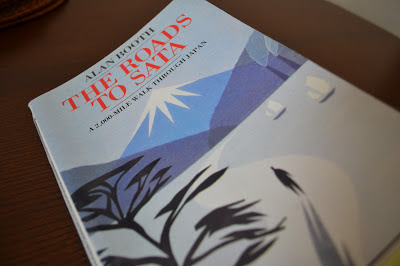Crossing cultures and language barriers is something happening more and
more in cinema, with well-known directors establishing their name for making
films from their homeland, looking abroad to try out their skills in a
different culture. With 'Like Someone in Love', Iranian director Abbas
Kiarostami heads to Japan to work with a Japanese cast and crew to look at the
concept of love from various different angles and perspectives.
Akiko, a young student working as a prostitute, ignores both her
grandmother and fiancé to let herself be talked into working the night before
an exam. But her client, an aging academic, seems more to simply want an
evening's company than full sex with a woman. Seeing her off to her exam the
next morning, both Akiko and her client, Takashi, are left to deal with the
consequences of her deceit.
'Like Someone in Love' is a film that is lacking in many respects, but
indulgent in others. Various plot holes leave the audience having to make their
own deductions as to how things developed, rather than making it clear on
watching. Time that could have been spent on this is instead spent on lengthy
shots with little actual action. The first two scenes consist of one half of an
extended phone conversation, followed by a close up of Akiko in the back of a
taxi listening to all seven of her voicemail messages. With this the case, the
audience can be forgiven for thinking that the next two hours will be excruciatingly
long.
The film, despite lacking in plot, is more an analysis of the different
relationships Akiko has with the people in her life: her dutiful grandmother,
whom she ignores; her prone-to-aggression fiancé, Noriaki, whom she deceives;
and her client, the aging Takashi, whom she turns to in crisis.
The most likable of the three main characters is Takashi, whose bumbling
around Akiko provide some humour and his earnest assistance to her show him to
simply be a kind man that is lonely. His discussion with Noriaki is perhaps the
film's most important, indicating that neither Noriaki and Akiko are ready for
marriage.
But while humour and wisdom come from Takashi in parts, other flaws
lead 'Like Someone in Love' to miss as much as it hits. While the question is
asked as to what Akiko sees in Noriaki, the question could also be asked with
the roles reversed, with the only good
relationship Akiko appearing to have one with someone she has known less than
24 hours, making her less of an appealing character than required in the lead;
coming across more as a spoiled brat than abused victim. The sudden development
in Noriaki's anger requires assumptions to be made rather than good
storytelling.
The intentional sudden and abrupt ending shows the problems that
misguided love has brought the trio to, and in that sense the film works in
getting its point across. Though one could argue that Kiarostami takes too long
to get there. Having made many shorts in the past, perhaps 'Like Someone in Love' would have been better made in a much shorter format, with the idea good,
but the execution, like the film's characters, somewhat misguided and
indulgent.



